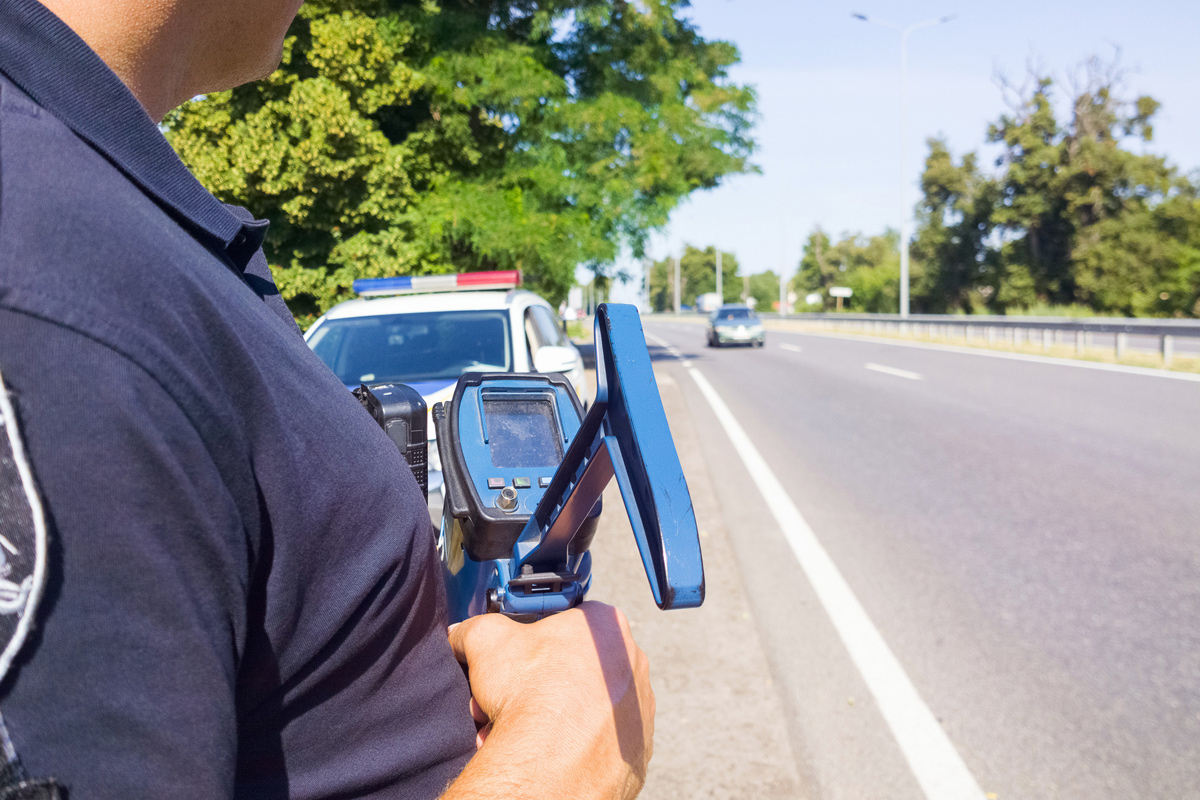Every driver knows what a speed limit sign looks like. But how many people understand how the speed limit was set, and what laws are used to enforce it? One prevailing myth is that the police will not stop you for speeding unless you are going more than 10 miles over the speed limit. Believing this in an absolute speed limit state could lead to many traffic citations.
Two Types of Speeding – Basic and Absolute
State laws vary about many legal issues. Traffic laws are no exception. Some states are more lenient than others when it comes to speeding. However, generally, you can count on there being two types of speed limits:
- Basic. Drivers are expected to proceed at a speed that is safe for the current circumstances. For example, someone who drives at the posted speed limit during an ice storm may be stopped for unsafe driving or speeding.
- Absolute. Driving one mile over the speed limit is considered a traffic infraction. For instance, police officers can give you a ticket for going 46 where the speed limit is 45.
North Carolina is an absolute speed limit state. When driving our state roads, be aware that law enforcement can ticket you for slight slips of your foot on the gas pedal.
As with all traffic citations, you have the option to fight the ticket.
Defending an Absolute Speed Limit Ticket
When talking with your North Carolina attorney, you may consider the answers to the following questions:
- How did law enforcement determine your speed?
- Did you have a legitimate reason for speeding?
- Was your speedometer or the police officer’s radar incorrect?
- Did the police stop the right car?
Learn more about your options by talking to an experienced North Carolina traffic citation attorney.
Call to Discuss Your Absolute Speed Limit Ticket
In some cases, people charged with traffic tickets have to appear at mandatory court hearings. However, an attorney can appear on your behalf. Since traffic citations sometimes lead to suspension of your license or increases in car insurance premiums, it often pays to fight the citation. We can help.
Attorney Leslie Craft has the experience you need to deal with bankruptcy and traffic violations. Ms. Craft’s goal is always to help her clients get past their legal problems and get on with their lives.
To schedule a free personal consultation, call Craft Law Offices at (252) 752-0297 or email us at le************@***il.com. My offices are located in Greenville, Morehead City, and Rocky Mount for your convenience. I also represent clients in surrounding Eastern North Carolina communities, including Warrenton, Elizabeth City, Roanoke Rapids, Goldsboro, and Jacksonville.
Bankruptcy Doesn’t Have to Be a Painful Process.



